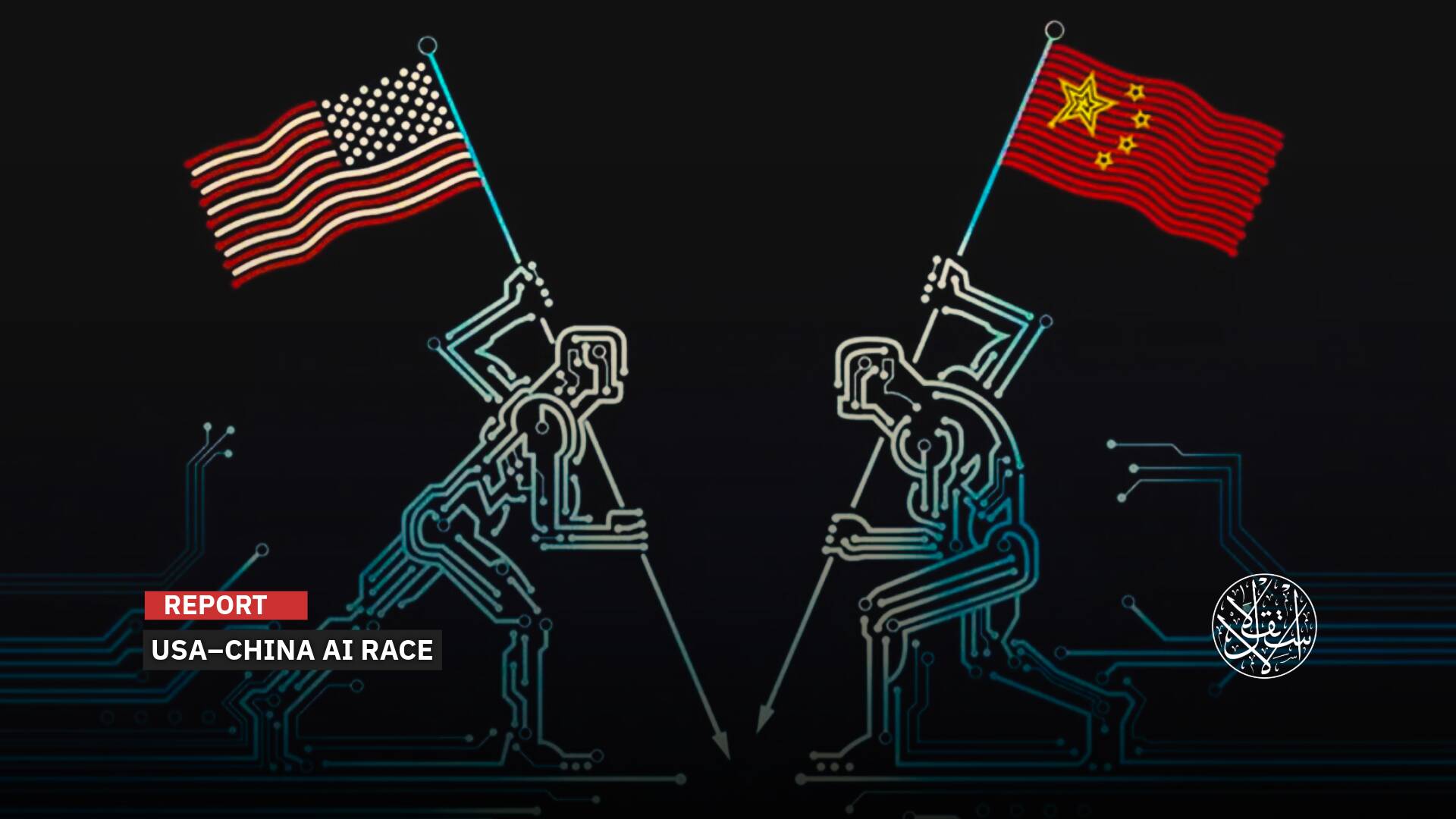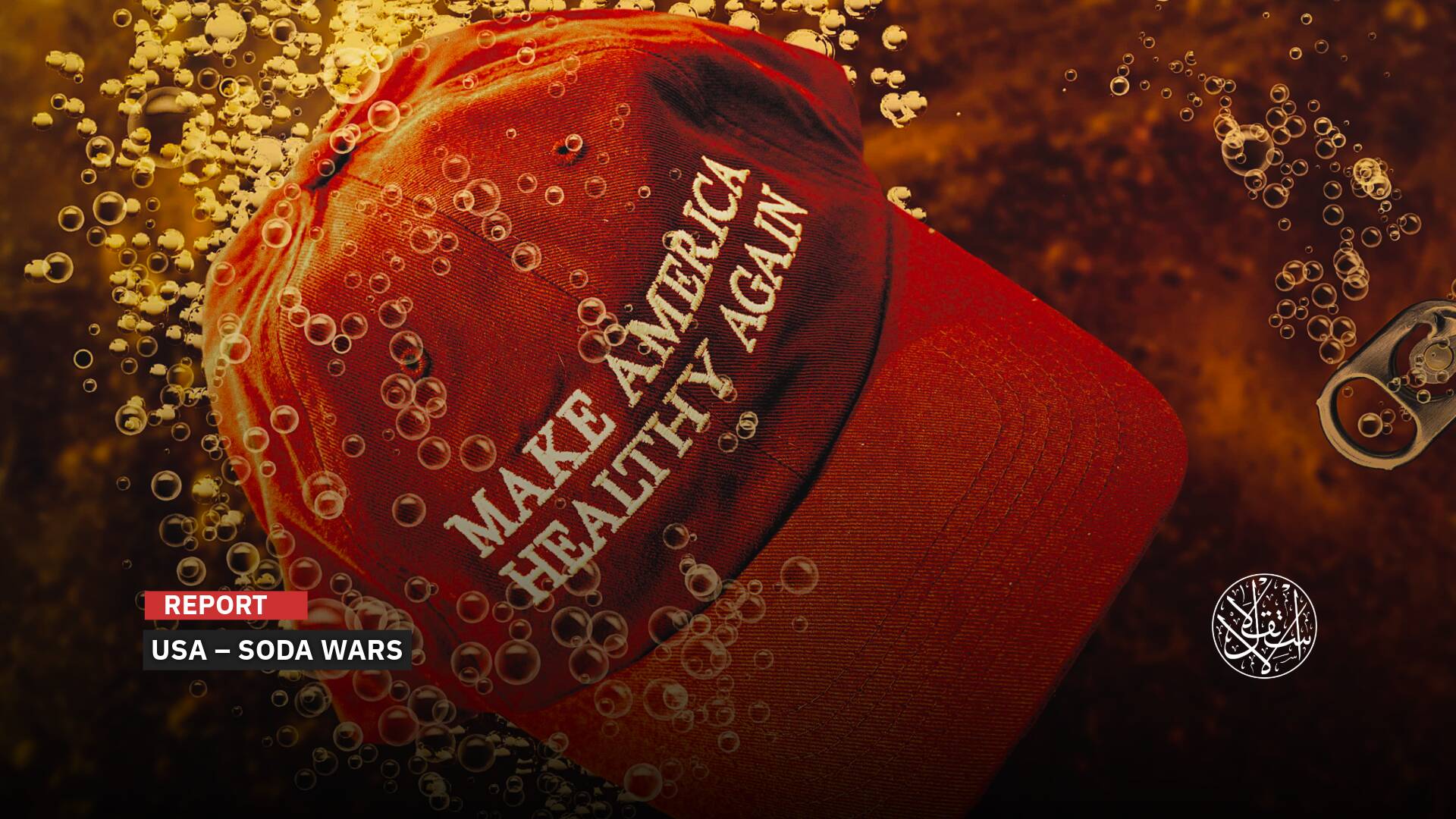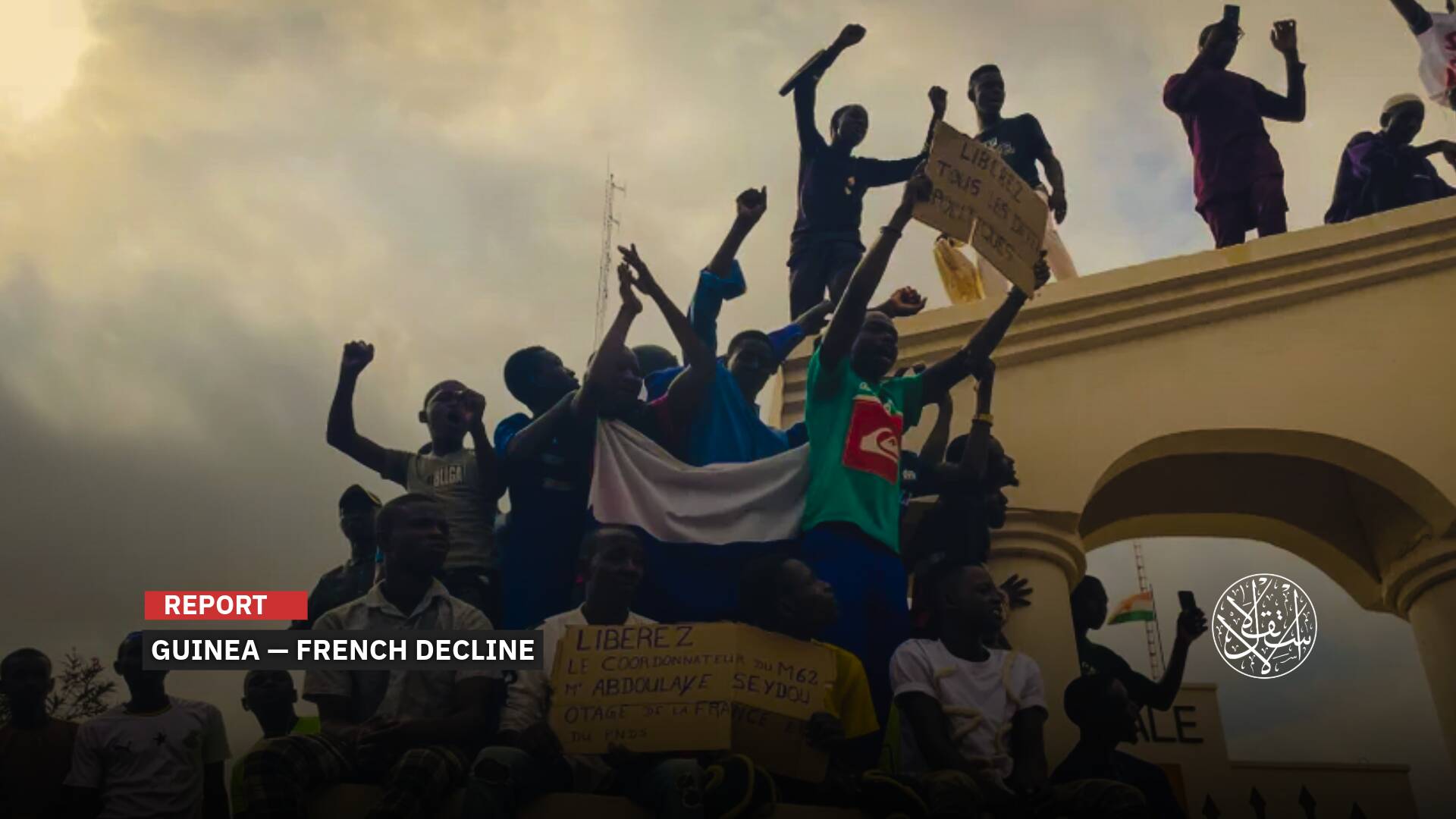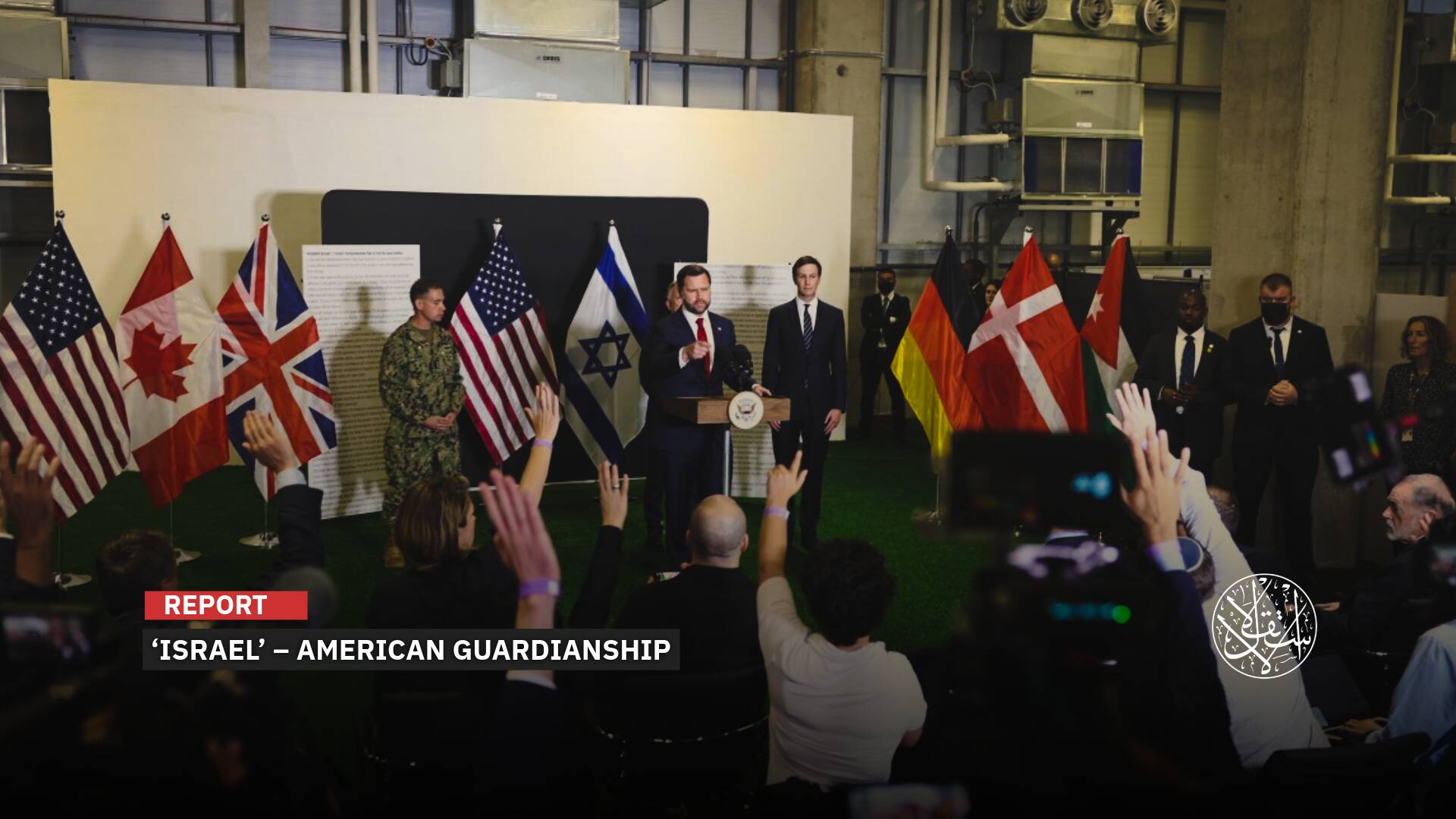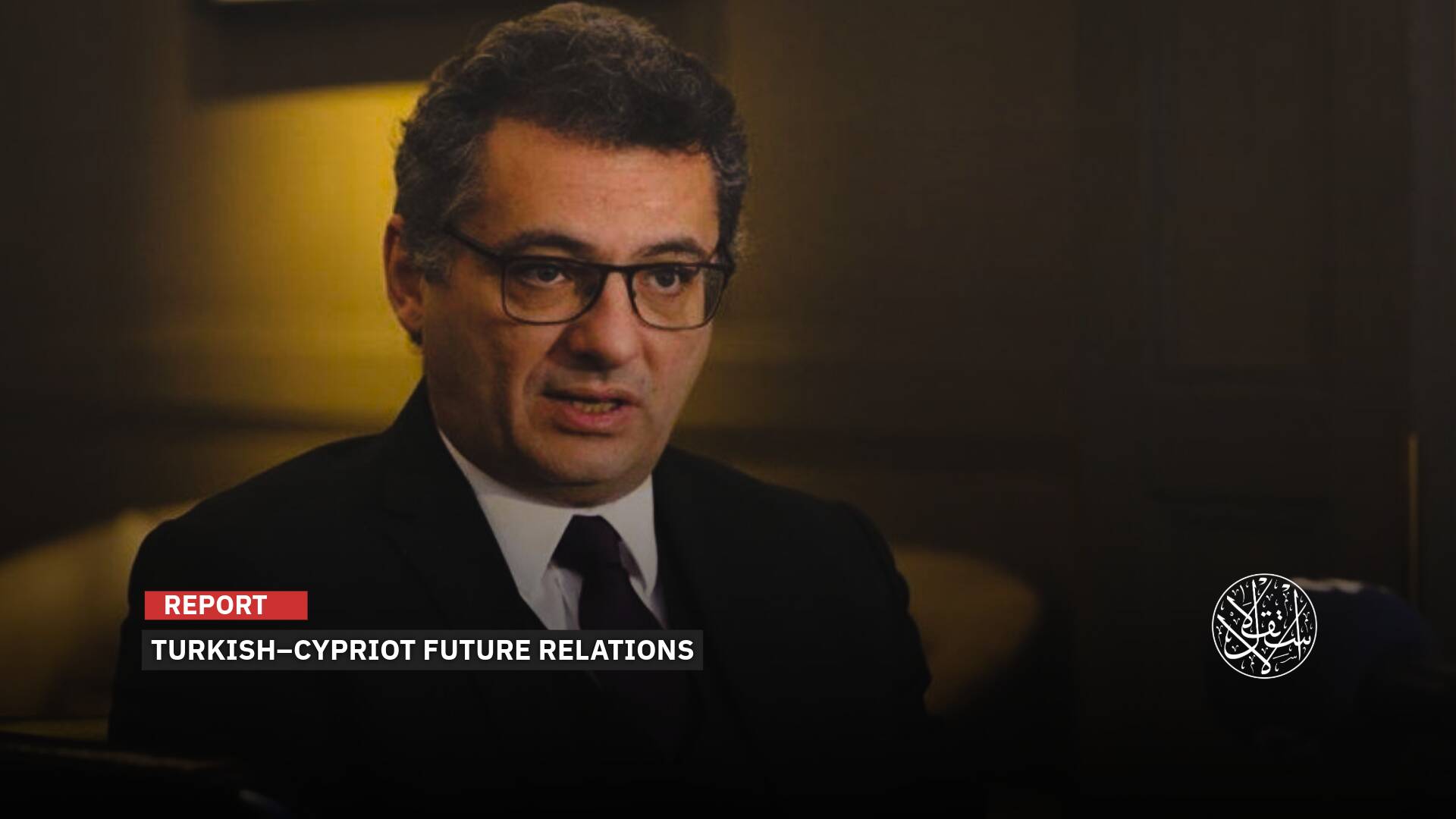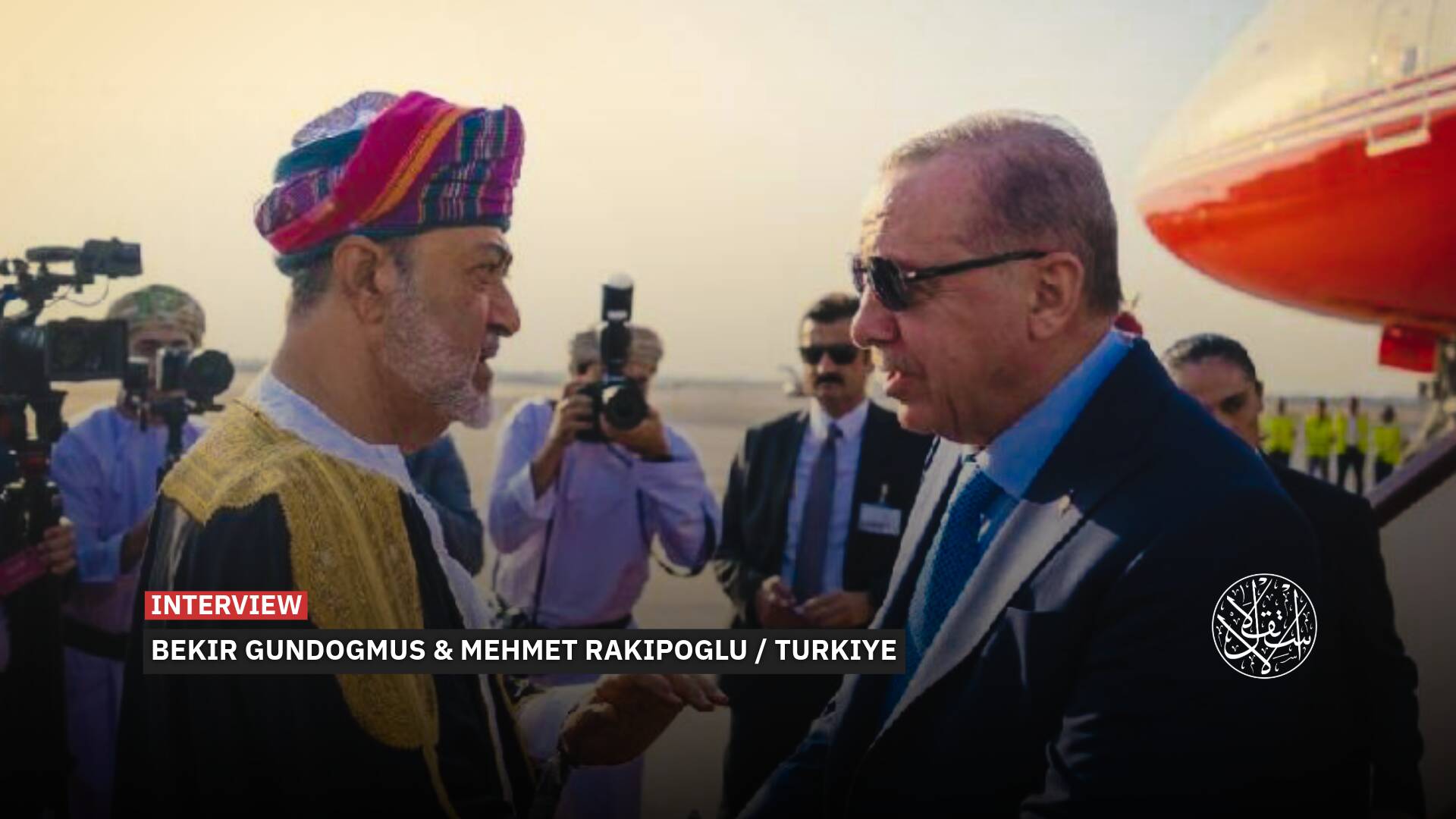Amid Calls to Boycott It: This Is How Costa Coffee Sparked Controversy and Outrage in the UK

After the huge losses incurred by the American beverage company Anheuser-Busch ($27 billion) due to an advert submitted by a transgender person, UK’s Costa Coffee chain is currently facing a fierce boycott campaign.
Angry customers believed that the Coca-Cola-owned company was promoting trans-sexuality after it posted on its Twitter a cartoon depicting a transgender woman with mastectomy scars.
Women Scotland raised concerns on Twitter about the mural’s potentially distressing impact on breast cancer survivors.
The hashtag #BoycottCostaCoffee garnered traction after outspoken critics took issue with the illustration.
Costa Coffee, a subsidiary of Coca-Cola, is the UK’s largest coffee chain, according to the data platform Statista, and the world’s second-largest coffee chain, after Starbucks.
Costa Coffee, based in Buckinghamshire, England, has over 4,000 locations in more than 32 countries. It opened its first stateside location in Atlanta, Ga., last August.
Shocking Advert
UK’s Costa Coffee chain sparked widespread controversy in the country after its shocking decision to run a transgender advert, in which the company placed a picture of a transgender person suffering from the effects of a mastectomy in a cartoon advert on one of its trucks.
James Esses, co-founder of Thoughtful Therapists (an organization that works against the impact of gender identity ideology on children), shared the image of the truck on Twitter, which has received more than 9 million views.
Esses criticized the illustration as glorifying irreversible surgery performed on healthy breasts of women for a mental health condition.
This advert also prompted some public figures and politicians to call for a boycott of Costa, because they saw in this cartoon a disrespect for breast cancer patients who often have to undergo mastectomy.
Others accused the company of manipulating children and adolescents and affecting their sexual identity, describing it as the worst marketing campaign in history, calling for boycotting the chain and unfollowing it on social media.
Costa has defended its use of trans-person illustration.
It indicated that this image is part of a larger mural designed during what is known as Pride Month last year, which is a month that some groups take to defend homosexuals in societies.
“At Costa Coffee we celebrate the diversity of our customers, team members, and partners,” a spokesperson for the company said in a statement to the Evening Standard on August 1.
Dear @CostaCoffee,
— James Esses (@JamesEsses) July 31, 2023
Could you kindly explain why you are glorifying irreversible surgery performed on healthy breasts of women for a mental health condition? pic.twitter.com/9NyFPYj9J3
Boycotts and Outrage
After the image was posted on social media, reactions varied, and some political candidates and activists criticized the advert harshly.
Laurence Fox, the former London mayoral candidate and leader of the Reclaim Party, took to social media to criticize Costa Coffee, accusing the coffee chain of endorsing the mutilation of young people’s bodies through the promotion of mastectomy surgeries, calling for a complete boycott of the brand.
Dear @CostaCoffee
— Laurence Fox (@LozzaFox) July 31, 2023
You are promoting the mutilation of healthy young girls.
I hope you are boycotted out of existence.#BoycottCostaCoffee pic.twitter.com/cphbdAkbZ3
The use of the image on a coffee truck used at events around the UK was condemned by feminist campaigners and people who had breasts removed due to cancer.
Tanya Carter, spokesman for child safeguarding campaign group Safe Schools Alliance, said: “It’s almost unbelievable that Costa would do something so crass and irresponsible as to use this image.”
Kellie-Jay Keen, an anti-trans activist and founder of the anti-transgender group Standing for Women, appeared on GB News to criticize the Costa Coffee advert, calling it a real insult to women who through no fault of their own end up having to have their breasts removed.
Nigel Farage was also among those to discuss the advertisement on his GB News program.
He said: “Quite why big brands and big chains think they have to advertise this, I don’t know, but maybe that is part of the rottenness that is going through the corporate culture from Dr. Martens boots to my bank.”
Stephanie Davies-Arai, founder and director of Transgender Trend, which campaigns against the increase in children being referred to clinics for gender dysphoria medical treatment, said she believes teenage girls are the target of the cartoon.
Writer Julie Bindel, who is concerned about the impact of trans activism on vulnerable girls and young women, said: “I remember stories about when a woman was thrown out of a Costa shop (in 2018) because she was discreetly breastfeeding.”
Oli London, a British right-wing media personality, calling for the full Bud Light treatment for Costa Coffee, referring to the most famous anti-woke boycott from this year, accusing the company of pushing sex change surgeries on customers that just want to drink coffee.
Costa Coffee deserves the Full Bud Light treatment for glorifying women and girls cutting their breasts off in the name of gender identity.
— Oli London (@OliLondonTV) August 1, 2023
Why is a coffee chain pushing sex change surgeries on customers that just want to drink coffee?
Bud Light time for Costa! pic.twitter.com/zM6j3dYPr8
“The cartoon-like picture of a young woman who has had her breasts surgically removed is shocking and irresponsible,” Maya Frostater, co-founder of Sex Matters, an organization with the goal of promoting clarity about sex, told the Telegraph.
“Young women are being sold a lie that if they have their breasts removed and hormones taken, they can become men, or at least avoid being women.”
Some critics flooded the comment sections of Costa Coffee’s social media posts with negative remarks, with some saying go woke, go broke, a frequent catchphrase of anti-woke social media users targeting companies with boycotts.
On the other hand, some people expressed their support for Costa’s behavior, as Labour MP Lloyd Russell-Moyle expressed his support for this mural and considered it a space for accepting people’s differences.
Julia grills Labour MP Lloyd Russell-Moyle on his support for Costa Coffee making a mural showing a trans man with mastectomy scars.
— TalkTV (@TalkTV) August 1, 2023
“If someone said they wanted to cut their right leg off, would it be their choice and would you endorse that? Would we celebrate it?”@JuliaHB1
“Trans people exist, and might drink coffee. Anyway, as a trans man with similar scars, thank you Costa for the representation,” YouTuber and LGBTQ advocate Jamie Raines tweeted.
So @CostaCoffee depicted a trans masc person, and transphobes are angry and shouting #BoycottCostaCoffee (obvs). Shockingly to them trans people exist, and might drink coffee. Anyway, as a trans man with similar scars, thank you Costa for the representation ️⚧️ pic.twitter.com/cSwhIPEyt8
— Jamie Raines (@jammi_dodger94) July 31, 2023
Author Ugla Stefania defended the mural as an advocate for transgender rights in the community, tweeting: Really great ad for Costa. Thanks to all.
Saw Costa was trending. Turned out it’s because they have an illustration of a trans masc person and all the bigots are losing their minds about trans people existing. Great advertisement for Costa really. Thanks everyone, it’s a lovely illustration. ✌️ #boycottcostacoffee pic.twitter.com/pCQjN2bbNc
— Ugla Stefanía Kristjönudóttir Jónsdóttir (@UglaStefania) July 31, 2023
Anti-LGBTQ Campaigns
Although the term ‘woke up’ has American origins and many of the boycotts and online outrage that have occurred this year have affected American companies, some of the boycotts have spread globally to the UK and elsewhere.
A June report by the Institute for Strategic Dialogue found that the U.S. may be exporting anti-LGBTQ rhetoric overseas, including to the UK.
Costa Coffee is not the first company to experience backlash and boycott calls this year.
In April, Bud Light beer faced backlash after partnering with transgender influencer Dylan Mulvaney, which led to a decline in sales and significant losses, estimated at $27 billion.
In April, Nike came under fire for paying a transgender influencer (Dylan Mulvaney) to model one of its sports bras for a sponsored social media post.
In May, Target pulled some of its LGBTQ-friendly Pride merchandise that includes items aimed at babies and children after its employees received threats following a similar backlash, causing it to lose a lot of money.
The Costa Coffee controversy is similar to another anti-wake-up social media campaign that unfolded last week.
Dr. Martens has also been criticized for including an illustration on a pair of shoes that the company is checking out of a trans person who has undergone surgery (the shoes are not mass-produced for sale).
New Zealand retailer The Warehouse was called woke for selling items from Disney’s pride collection.
Glamour UK angered conservatives by featuring a pregnant transgender man on the cover of its Pride issue.

Hypocrisy of Capitalism
In 2020, the American show platform (Netflix) was subjected to a widespread attack, especially on social media platforms, because it showed films advocating homosexuality.
The Disney Film Network was also subjected to a similar attack, which has long been the most favored by the family with all its members, to become a danger to children, which was approved by the British Medical Journal regarding sexual suggestions in some Disney films.
There are some companies that clearly and explicitly support homosexuals, and they promote them through their commercial and economic control, and they also allocate part of their profits to support them, including SHEIN, PayPal, Nike, Coca-Cola, BMW, Victoria’s Secret, Bath and Body Works, Ralph Lauren, Toyota.
In addition to Uber, Ikea, Dell, Google, Microsoft, AstraZeneca, Eastwood, Apple, Johnson & Johnson, and other companies.
As these companies seek to make more money very quickly by preserving their non-heterosexual customers.

In a statement to Al-Estiklal, Karam Merie, a marketing manager at a British company, explained that the same cafe that told a mother who was trying to breastfeed her child to go use the toilets today encourages cutting off breasts. “We shouldn’t be surprised. It is the political hypocrisy of capitalism.”
“However, there is a small group in Western society who would dare to criticize this ideological thought for fear that the powerful lobby will attack them under the pretext that they are fanatics or undemocratic,” he added.
“Western companies such as Costa Coffee and Nike emphasize that capitalism still needs firm moral foundations. Companies see that material profit forgives anything when talking about commercial interests and achieving annual profits. All under the pretext of defending inclusivity and diversity,” Mr. Merie noted.
Sources
- Fury as Costa uses cartoon image of 'trans man' with mastectomy scars
- Costa Coffee defends mural of post-op trans man after boycott threat
- Costa Coffee Latest Victim Of Anti-‘Woke’ Anger Over Design Featuring Trans Person
- British chain Costa Coffee faces boycott calls over transgender illustration
- Britain’s largest coffee chain is facing a boycott over its illustration of a transgender person


